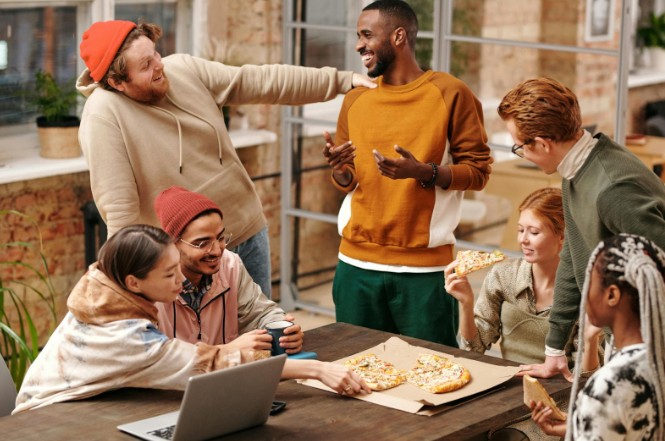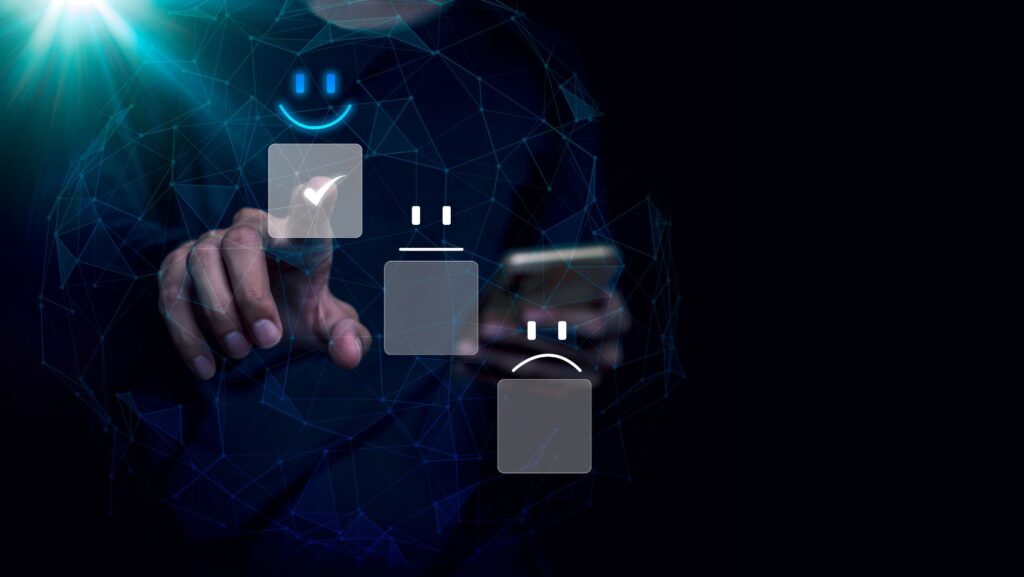We tend to think of friendships as purely emotional support systems, but they can also be practical training grounds for life skills. Every friend brings something different to the table — a unique skill set, way of thinking, or approach to challenges. Just like athletes mix workouts to improve overall performance, friendships can work the same way. You might share recipes with one friend, learn financial discipline from another, or — in a totally different context — click here to explore something unexpected they’ve introduced you to. Over time, these different inputs create a broader, more flexible skill set.
The Core Idea of Friendship Cross-Training
Friendship cross-training is the idea that the variety in our social circles can shape us in ways that one type of relationship alone cannot. It’s not about replacing old friends with new ones, but about embracing diversity in personalities, experiences, and worldviews.
A childhood friend might remind you of patience and loyalty. A co-worker friend could model time management or negotiation. The skills are sometimes intentional — like when someone teaches you how to garden — and sometimes accidental, picked up through shared experiences.
Learning Through Observation
Not all lessons are delivered in the form of advice. Many are absorbed quietly, by simply watching how someone handles life.
Maybe you’ve seen a friend navigate conflict calmly, showing you a way to de-escalate tension. Or you’ve noticed how they set clear boundaries, which inspires you to do the same. Sometimes, watching someone else’s mistakes can be just as instructive as witnessing their successes.
In this way, every friend is like a small, ongoing workshop in a different subject.
Balancing Comfort and Challenge
One of the benefits of having varied friendships is the balance between comfort and challenge. Some friends make you feel completely at ease. You know exactly what to expect. Others push you out of your comfort zone — encouraging you to try something new, travel somewhere unfamiliar, or rethink your habits.
If your social group leans too heavily in one direction, you risk stagnation or burnout. Mixing both types can keep you growing without overwhelming you.
Emotional and Practical Skill Transfer
The skills learned from friends aren’t always tangible. Some are emotional tools.
From one friend, you might learn how to listen without judgment. From another, you might pick up practical skills like basic home repairs, budgeting, or cooking techniques. These don’t just stay in the realm of friendship — they seep into work, family life, and personal projects.
And because they come from people you care about, they often stick longer than lessons from a book or class.
Knowing What to Offer in Return
Cross-training isn’t one-sided. You’re also a source of skills and perspectives for your friends. Maybe you’re the one who helps others think more strategically, or you’re the calm voice during chaotic moments.
Recognizing your own “training specialties” can help you contribute more intentionally to the people around you. It can also make you aware of where you might need to seek out new influences.
The Subtle Long-Term Effect
It’s easy to overlook the gradual growth that comes from varied friendships. The changes are slow and layered. Over years, you might find that your way of communicating, problem-solving, or even seeing the world has been shaped by the sum of all these different people.
Friendship cross-training works quietly. You don’t notice it in one conversation or one afternoon, but over time, it becomes part of who you are.
Friendship is often framed as purely emotional, but it can also be a form of lifelong education. The more types of friends you have, the more chances you have to learn, adapt, and grow. Some friends will teach you patience, others will teach you boldness, and others will simply remind you to enjoy the small things.
When you think about it, every person in your circle is offering a lesson. The only question is whether you’re paying attention.


